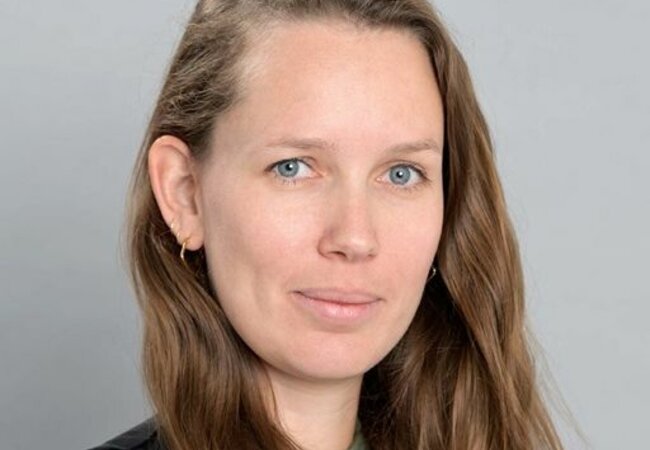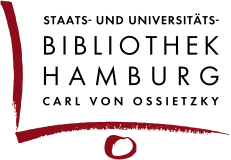Baltic Urban Knowledge Hubs
The State and University Library Hamburg (Stabi) developed a new spatial concept from summer 2020 until fall 2022. Inspired by the principles of Open Social Innovation, Stabi opened up the dialogue with a variety of different stakeholders within the project “Wissen Bauen 2025”. Thanks to a successful application for funding in the Interreg Baltic Sea Region Programme, these ideas could be developed further on an international level. On April 20th 2023, the commission selected 13 projects for funding among the 41 applications – including our project “BALTIC UKH”.
“Wissen Bauen 2025” as our point of departure
Within our spatial development project, we compiled a new space concept, defining the future Stabi as an Urban Knowledge Hub (UKH). First, we grouped spaces and services according to their functions, and second, we incorporated them into one overarching concept. The effects of the ongoing digitization and cultural diversification were the main cornerstones of the concept. UKHs operate on multiple levels – not only as spaces for the local community but also as global information and knowledge hubs. Such spaces, providing citizens with comprehensible and reliable information, are crucial assets for modern globalized knowledge societies.
Within the project “Wissen Bauen 2025” we talked to library users as well as different stakeholders, collecting their diverse demands. It became very apparent how crucial it is to always consider the users’ perspectives when developing new spaces and services. However, for public entities and NGOs that provide information and related services, there are no standards or shortcuts for designing such spaces. Therefore, we decided to put the notion of UKHs as participatory places, where citizens can access and exchange reliable and comprehensible information both within local and global networks, at the center of our project proposal.
Project proposal Interreg Baltic Sea Region Programme
As part of the Bibliotheca Baltica consortium, we were already vastly connected within the Baltic Sea Region and started networking with different public service providers. It did not take much time to find other partners who were also interested in testing the participatory design of accessible and attractive informational spaces and services. At the same time, a second call in the Interreg Baltic Sea Region Programme was launched, and jointly with the National Library of Latvia, the Royal Danish Library, and Oslo Metropolitan University we submitted a small project proposal in January 2023.
The aim of BALTIC UKH was to provide public authorities and other institutions with tools and methods for the participatory design of accessible as well as attractive informational spaces and services. Following the idea of UKHs as a new space concept, the project’s main output was a research-based toolbox for the conceptualization and design of such hybrid information hubs: The 4C Toolbox offers a structured approach to creating adaptable community centers where citizens can connect, engage, and access both physical and digital resources, supporting diverse public services beyond libraries. You can access both the extended version in English as well as posters summarizing the five-step-guide in additional languages online.
While the three library partners created innovative space and service pilots in Hamburg, Riga, Copenhagen and Aarhus, OsloMet mainly assisted with the selection of suitable engagement methods and the compilation of the final output. Hence, next to assuming the overall responsibility as lead partner, Stabi also developed a local pilot: In the fall of 2024 the new Carl von Ossietzky Forum was inaugurated on the ground floor of Stabi’s oldest building, serving as an interactive space for the facilitation and discussion of current political, scientific, and historical topics ever since. The Academy of Sciences and Humanities in Hamburg, the State Agency for Civic Education in Hamburg, and the Association for Hamburg History collaborated as local associated organizations.
Detailed project portfolio hosted by Interreg Baltic Sea Region
The project duration for BALTIC UKH was from August 2023 to July 2025. The project was co-funded by the European Union in the Interreg Baltic Sea Region Programme.

Contact:
Direktion, Direktionsreferentin
Coordinator Development Projects
E-Mail:
zvevnzznevr.terra(at)fho.hav-unzohet.qr
Telefon:
+49 40/42838-3340

 DE Deutsch
DE Deutsch
 FR Français
FR Français
 ES Español
ES Español
 TR Turkce
TR Turkce
 RU Pусский
RU Pусский
 AR العربية
AR العربية
 CN 中国
CN 中国
 NDS Plattdeutsch
NDS Plattdeutsch




